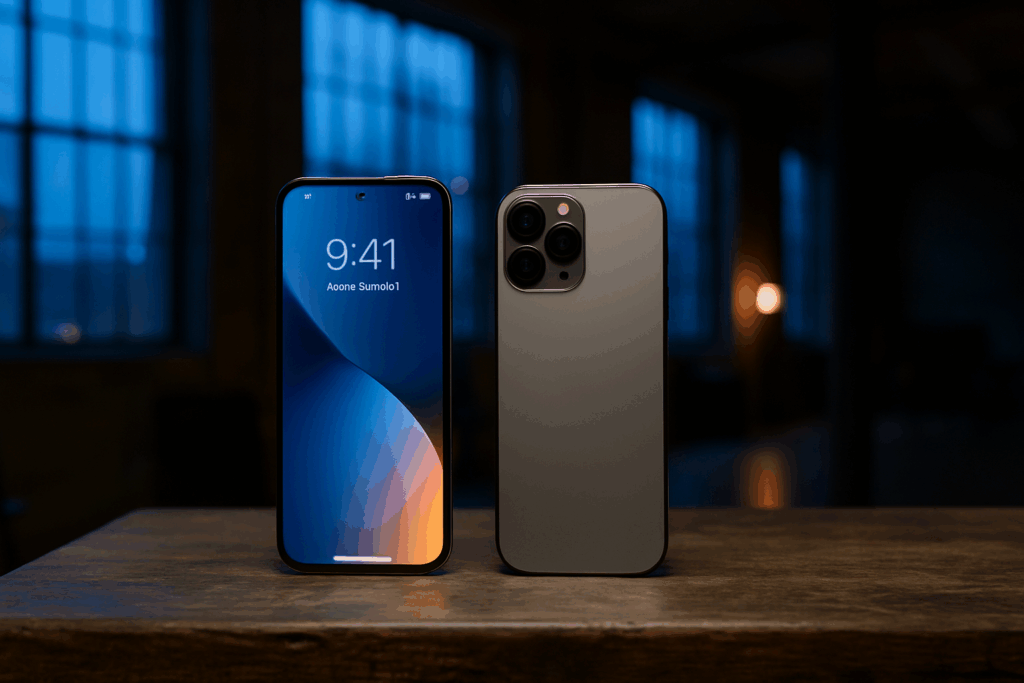trappin in atlanta bought 3 4 5 phantoms lyrics
This set of lyrics—“trappin in atlanta bought 3 4 5 phantoms lyrics”—appears in multiple variations across Atlanta hiphop and national anthems of success. The meaning is layered:
Trappin in Atlanta: Reference to the city’s street hustle, from the trap houses of the ’90s to legal business empires today. Bought 3, 4, 5 Phantoms: Phantom = RollsRoyce Phantom, arguably the most iconic luxury car in American rap. Owning one is status. Owning several is dominance.
The lyric’s repetition, in songs and on social media, turns it into both literal and figurative proof: what you’ve earned, what you’re willing to show.
1. The Reality Behind the Lyrics
The rise of Atlanta “trap” music in the late 1990s and 2000s was more than style. Artists like Jeezy, Gucci Mane, and T.I. described (and sometimes lived) a progression from street corners to boardrooms. For those who succeeded, the sharpest flex was not just money, but spending it on symbols older than hiphop—Phantoms, Bentleys, and Ferraris. In interviews and tracks, artists will reference true purchases. “Trappin in atlanta bought 3 4 5 phantoms lyrics” document that excess as both fact and aspiration.
2. Status, Symbolism, and Lyrical Purpose
Excess is proof: One Phantom signals wealth. Three is a sign you’ve made it well beyond “starter” money. Mobility: Cars move—artists, product, statements—across a city famed for both hustle and traffic. Inspiration: The lyrics become a call to action—if the streets can fund a dream, so can music, streaming, even side hustle.
Within any track, “trappin in atlanta bought 3 4 5 phantoms lyrics” makes the case for generational change—what was one for status, is now multiple for legacy.
3. References in Culture
Music: Lyrics like these appear in works by Jeezy, Future, Young Thug, and others. Sometimes it’s braggadocio, sometimes truth, sometimes both. Videos: Classic scenes of lineups—Phantoms, Maybachs, Lamborghinis—outside houses, clubs, and concert venues. Social Media: Flex culture thrives in Atlanta; even influencers outside music have adopted similar posting (cars lined up, keys displayed).
The phrase travels. Fans outside Atlanta, even outside the U.S., reference “trappin in atlanta bought 3 4 5 phantoms lyrics” as code for making it, fast.
4. Critique and Rebuttal
Critics argue that the focus on material flex “misses the struggle.” But in trap culture, showcasing what’s won is as much survival tactic as sales pitch. Many artists now balance their lyrics: cars and houses with investment, real estate, or giving back. Phantoms become shorthand for all highlevel acquisition—if you’ve bought three, four, or five, you’ve left nothing on the field.
The lyrics serve as compressed autobiography.
5. Beyond Rap: Business and Branding
Dealers document real purchases by local celebrities; posts are used as “legit flex” proof. Car brands notice: RollsRoyce and Bentley now see Atlanta as a core U.S. market, often with custom features and rush orders. Rap lyrics boost sales; dealership discounts and event sponsorships flow back to artists.
6. Imitation and Outliers
Not all flexes are authentic—rented cars or staged drives flood Instagram and music videos. The “trappin in atlanta bought 3 4 5 phantoms lyrics” line remains meaningful only when backed by reputation.
7. The Real Message in the Lyrics
A road map: hustle, break out, acquire more than what was ever offered. Warning and pride: the glamor exists, but the risk and grind remain. Discipline: money, like lyrics, compounds only when handled with strategy—many flex, few last.
Final Thoughts
Supersized car purchases aren’t just about aesthetic; they’re about survival, proof, and shifting the axis of power in Atlanta and hiphop at large. “Trappin in atlanta bought 3 4 5 phantoms lyrics” stands as the discipline of flex—public, repeated, and loaded with legacy. For every new artist, the lyric is both challenge and acknowledgment: success is measured by what you leave in your driveway, but only if you built it to last. In these tracks, wealth isn’t just shown—it’s documented, one Phantom at a time.





